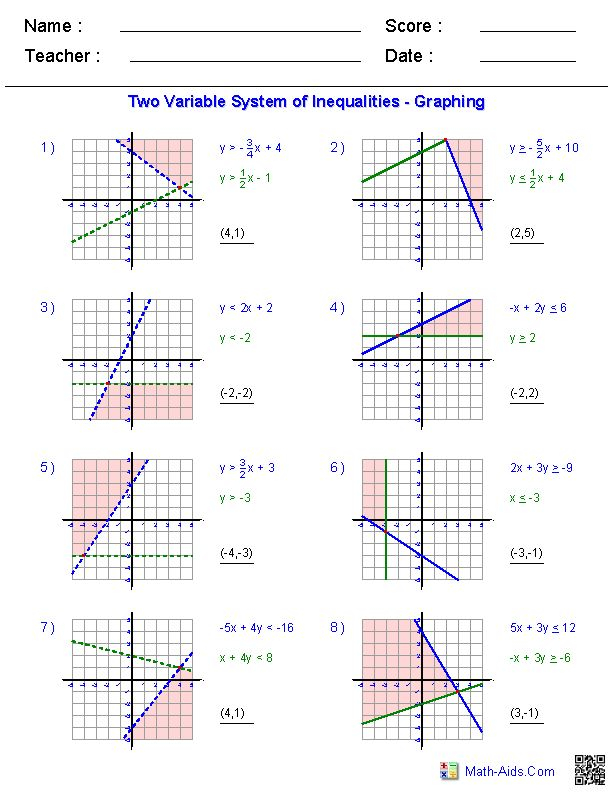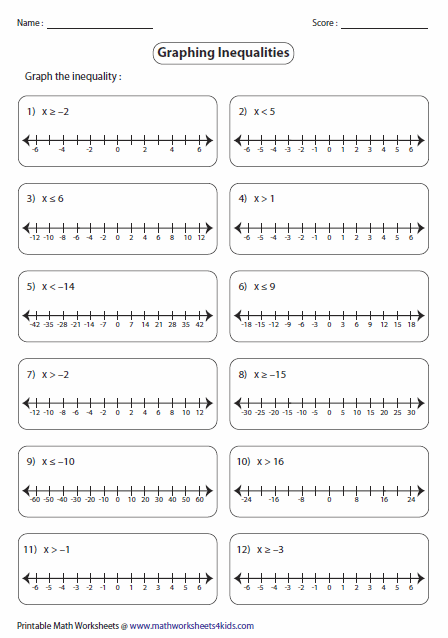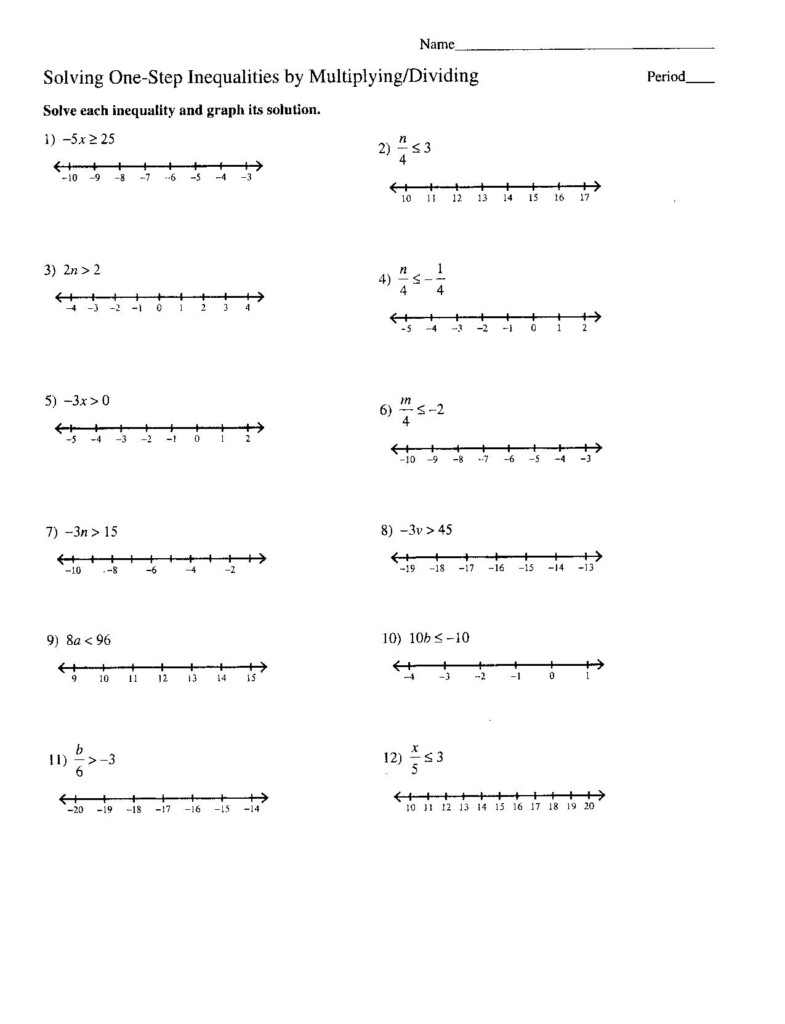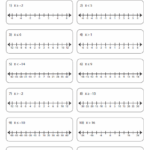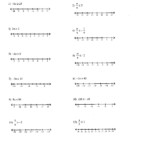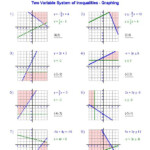Graphing Linear Equations And Inequalities Worksheet Answers – In many areas, reading graphs can be a useful skill. They help people to easily compare and contrast large amounts of information. For example, a graph of temperature data may show the time of day when the temperature reaches a specific number of degrees Celsius. A title at the top of graphs is important, as well as properly labeled and labeled axes. They are also clean and use space wisely.
Graphing functions
Graphing functions worksheets for high school students cover many different topics, from identifying and evaluating functions to composing, graphing, and transforming functions. These exercises also include finding domains, performing arithmetic operations on functions, and identifying inverse functions. These worksheets also cover function tables and finding the range of a function. Some even have worksheets for composition of two or three functions.
Functions are a special type of mathematical relationship that describes the relationship between inputs and outputs. It can help us predict what the future might hold, and is useful for predicting how something may change. Some functions can even be built on seemingly random inputs. In order to use this knowledge to predict the future, students must be able to recognize, create, and draw a function on a graph.
When graphing a linear function, students must find the x-intercept and y-intercept. A proper input-output table is also necessary. Once the input-output table is filled in, the student is ready to plot the graph.
Graphing line graphs
A line graph is a chart with two axes. One axis represents the independent variable, and the other axis represents the dependent variable. The data points on the x-axis are known as x-axis points, and the points on the y-axis are known as y-axis points. The two axes can be plotted side by side, or they can be inverted, as in a bar graph.
In the third grade, line graphs are introduced. By the fourth grade students can move on to more complicated graphs. These graphs require more analysis and have a variable vertical scale. These graphs may also contain real-life data. They may begin at zero on the vertical scale. Students will need to analyze the data and answer questions in order to create an effective graph.
Students will need to label the axis according to the data being plotted. They should also label the axis with appropriate increments. For example, a line graph may show the stock price changes over two weeks. The x-axis would represent the number of days, and the y-axis would represent the price of the stock over that period.
Graphing bar graphs
Graphing bar graphs worksheet answers provide the student with the necessary information to draw a chart. These charts can be used to analyze data and make decisions. Students should be familiar with all types of graphs. Bar graphs can be used to illustrate changes over time.
You can also use a bar graph to compare two sets data. A double bar graph, for example, can be used to compare data from two bakeries. The data is presented on a graph with discrete values on a scale of 10. The graph is presented on a graph with discrete values on a scale of 10. Mrs. Saunders must be assisted by the student to interpret it.
A bar graph worksheet contains a set of questions that allow students to practice reading and understanding data. These questions may include counting objects, reading and understanding bar graphs, as well as questions about how to count them. The grade three bar graph worksheet will ask questions about reading the graph and labeling x andy axes. Word problems will be included in a grade four bar graph worksheet.
Graphing grids
Graphing grids worksheets help students understand the concept of coordinate geometry. Students can plot points in each quadrant using a coordinate grid. They can also plot functions on a grid. Answers to graphing grids worksheets are available in pdf format. These worksheets are a good way to practice comparing and relating coordinate pairs.
Graphing worksheets typically have one grid and four quadrant grids. Each point is connected to the previous point using a line segment. These grids can be used by students to show the relationships between points and lines. Students can then use the coordinate grid for solving equations that involve more than one quadrant after they have mapped.
These graphing worksheets are a great resource for elementary and middle school students. These graphing worksheets are generated using a graph paper generator. Generators can produce standard graph paper that has a single quadrant coordinate grid and two single quadrant graphs. There are also four single-quadrant graphs per sheet.
